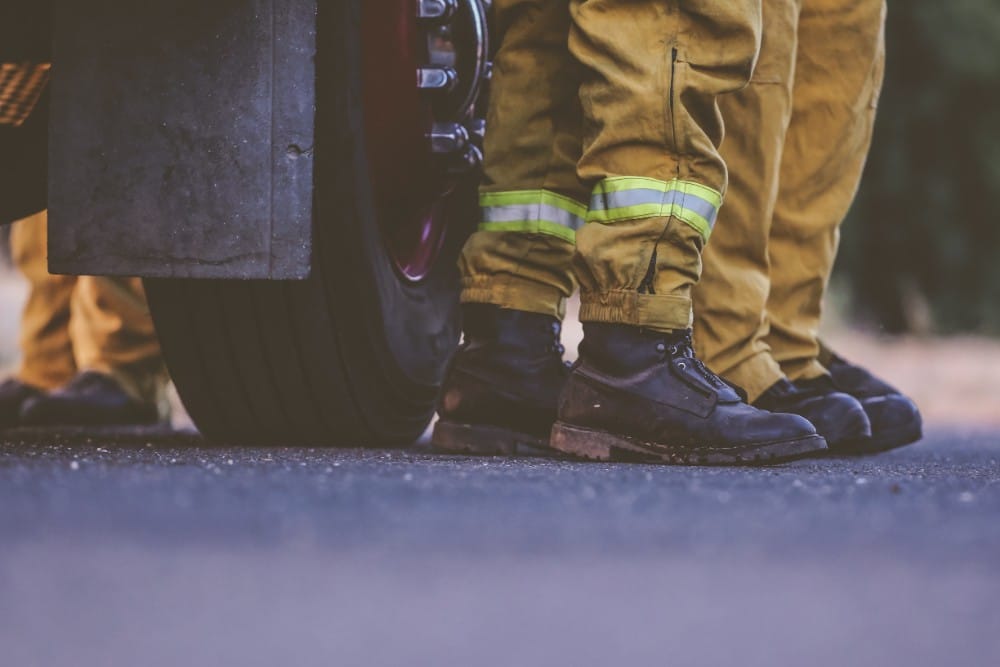
First Responders with Trauma Need Healing and Hope: Here’s Why
First responders don’t often get the press they deserve for all they do to save lives at a moment’s notice. They are the first to arrive at the scene of a crash, accident, respond to emergencies, go into burning buildings, or pull people over at a traffic stop and never quite know what they will encounter. A program designed with first responders in mind is more likely to help them connect with themselves and others in a way that best supports their journey of recovery from trauma, PTSD, and addiction.
Trauma in First Responders
Addiction happens before people realize what has happened. Sometimes first responders get injured, sick, or develop mental health issues and they need help dealing with it. Prescription painkillers and other drugs may be used to hide from the pain for a time, but, eventually, it needs to be dealt with in order to heal. The demands on first responders often drive them to use drugs to cope, including long hours, traumatic situations they encounter, and subsequent PTSD symptoms. Sometimes the symptoms are so severe, they require hospitalization or diagnosis of issues that can only be helped if the person leaves the job and finds something else they can do without compromising their health.
Coming to Grips
First responders often struggle in relationships because of the kind of work they do, trauma, and repeated drug use take a toll. Going to meetings or recovery groups often don’t occur because they work odd hours and cannot be consistent. This leads to the issue of giving up on being sober altogether, which does not help them recover. Even if they never hit rock-bottom, first responders can be high-functioning only so long, until they come to realize they are not able to do this alone. A dedicated program for professionals with addiction is often the most helpful for people who work as first responders.
Finding Hope
Coping strategies are very important for people in recovery. They require a sense that the person is ready to quit using drugs, but is, at least for the moment, capable of putting one foot in front of the other to make strides forward. Getting out of addiction is not easy. It takes detox, rehab, and a long-term recovery plan to help people. Even then, the mental and physical issues a person experiences will stick with them a long time. The reality is people need help and first responder treatment programs provide that hope for tomorrow that things can be better, even if just for a moment.
The Palmetto Center is based on a Therapeutic Community model. We help people learn how to live free of addiction. Our community support provides structure while trained counselors offer life skills training and therapeutic techniques to help you move past addiction. Our program provides special focus for professionals including chiropractors, nurses, doctors, lawyers, and first responders who need help with addiction recovery. Call us to find out more: 866-848-3001.